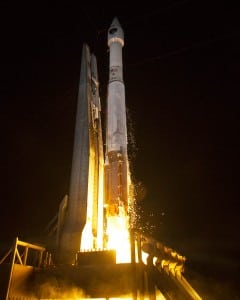
Several Alabama companies in the aerospace supply chain wrote to their congressional delegation asking for support not only for the “traditional” aerospace contractors–namely the United Launch Alliance (ULA)–but also for the up-and-coming commercial space sector, including ULA’s chief competitor Space Exploration Technology Corp. (SpaceX). The six companies, primarily from the Huntsville area, wrote to two senators and three congressmen “to encourage your support of expanding America’s industrial aerospace capability through competition, technology innovation, and new entrant companies who have chosen…










